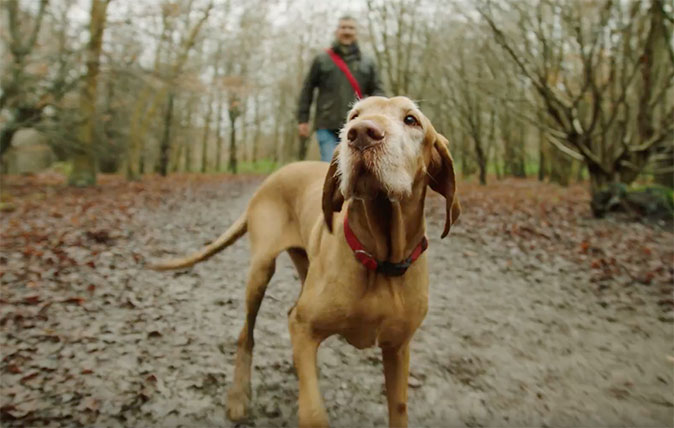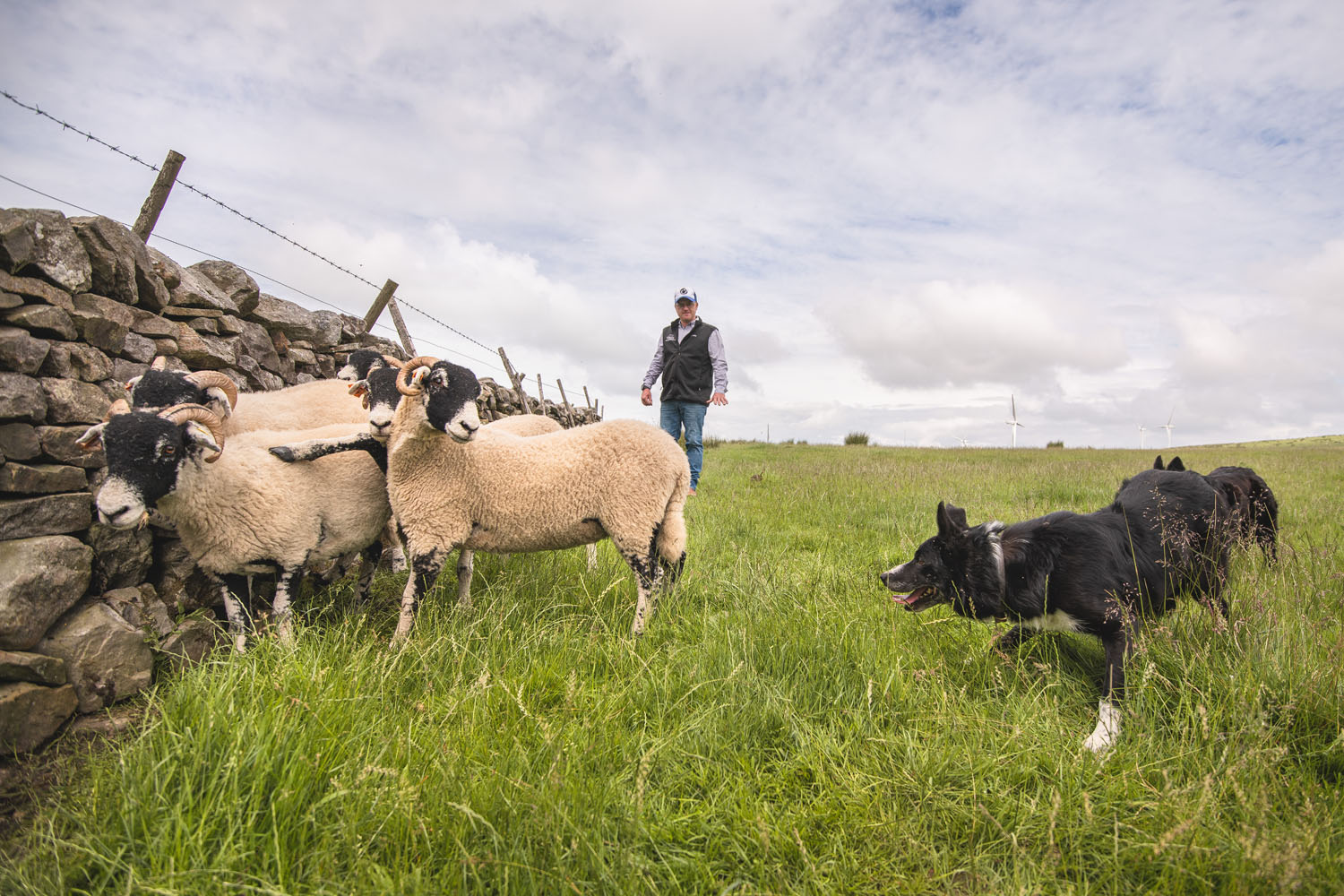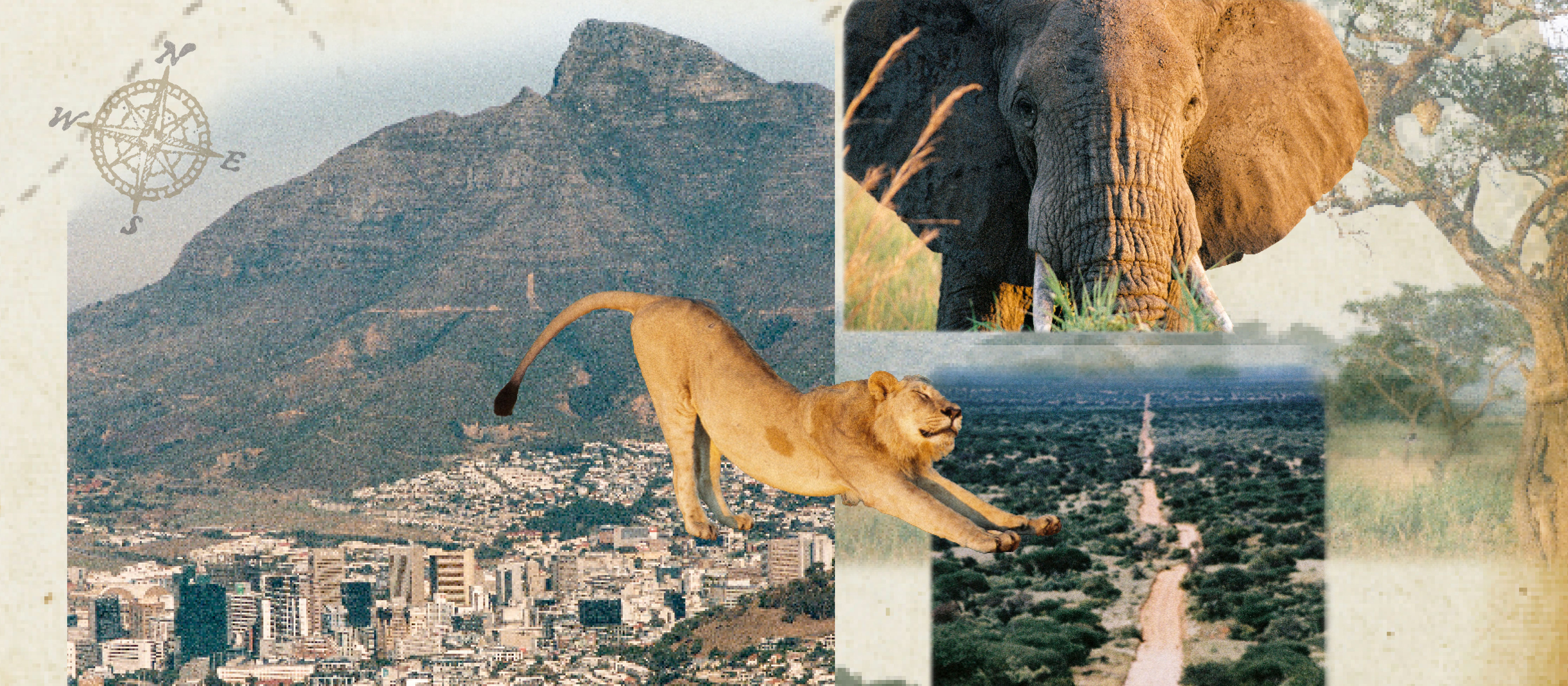Jason Goodwin: 'The collie would come to the shed door for the smallest scrap of affection or touch. After a few months in the village we felt rather the same'
Our columnist Jason Goodwin on telepathic dogs, Pyrenean dialects and animal authors.

We once lived for six months in a tiny Pyrenean village in which absolutely nothing ever occurred except the grocer’s van every week and a fortnightly church service. The village had no bar and no shop, and lay on a little road to nowhere in particular. Until the 1970s, the children of the village spoke an Occitan dialect that varied in crucial vocabulary from the Occitan spoken at the slightly bigger village in the valley, a mile away, where the other children used to taunt them for being country bumpkins.
Although remote, the EU had given the village street lights and a zebra crossing, and its single street was named rue du Dix-Neuf Mars Mille Neuf Cent Soixante-Deux to commemorate the end of the Algerian war. The EU had also paid the village farmers to grub up their vines and drain the EU wine lake. The vines had grown in harmony with the fruit trees, the vegetable patches and a few cattle and pigs, but when a key element of the mix was taken away, the hillside terraces went wild, the farmers gave up and the only product the village still reliably produced was crotte, or dog turds, deposited freely up and down the rue 19.3.1962.
One dog, a collie, lived in the dark in a ruined shed at the end of the rue 19.3.1962. Grotesquely obsequious and greasy, she would come to the shed door for the smallest scrap of affection or touch. After a few months in the village we felt rather the same. Every other Sunday, we’d watch the old women go to church, drifting in knots down the lane to the atavistically sited building, which would have been a temple when it was founded by Roman colonists.
"Two classes of book will always find a market in England, books about doctors and books about dogs"
Once the service had begun, complete stillness reigned over the village. The old men, who never attended, contemplated their cabbages or watched television. Very occasionally a cyclist, or a peloton of trainee cyclists, would whip around the corner and up the road towards the high pass in a whirr of pale blue lycra and goggles, watched imploringly by the collie.
At the very last moment of the service, almost imperceptibly, the dogs of the village would appear and surround the church. They came from higher up the valley, and from the farmhouses by the river, silent and low, so that just as the last hallelujah was croaked out and the final blessing bestowed, a mangy, mongrel guard of honour stood at the church door to escort the women back to their homes.
Years later, I found the explanation in Dogs Who Know When Their Masters are Coming Home by the great scientist Rupert Sheldrake, who probes the boundaries of scientific thought and thereby energises the scientific community. He set up experiments to examine the well-known phenomenon of dog telepathy. He says he rather regrets not making it a study of cats, because his publishers insist that cat titles outsell dog books by 10 to one.
Something must have changed. An early biographer of Rudyard Kipling, who wrote the best dog poem in the language, quotes an adage ‘that two classes of book will always find a market in England, books about doctors and books about dogs’. Kipling produced one written by a dog — it sold 100,000 copies in a fortnight. Watership Down was written by a rabbit. Last week at the Dorchester Literary Festival, I saw a book by a young shepherdess called Hannah Jackson signed with a stamp in the shape of a paw print, to say her collie helped.
Sign up for the Country Life Newsletter
Exquisite houses, the beauty of Nature, and how to get the most from your life, straight to your inbox.
I showed it to Paul Atterbury, the Antiques Roadshow polymath who co-directs the festival. ‘As it happens,’ he said, ‘I have a book at home signed by Muffin the Mule.’

Lethargic labrador? Bored border collie? Here's how to cheer up a depressed dog
Apparently, dogs get Seasonal Affective Disorder - or SAD - just as humans do. But there is an answer.

Sheepdog trials: How farmers' bluster has led to 150 years of enthralling, fascinating competition
The original working trials may have stemmed from banter over whose border collie was better, but, as members of the
-
 Vertigo at Victoria Falls, a sunset surrounded by lions and swimming in the Nile: A journey from Cape Town to Cairo
Vertigo at Victoria Falls, a sunset surrounded by lions and swimming in the Nile: A journey from Cape Town to CairoWhy do we travel and who inspires us to do so? Chris Wallace went in search of answers on his own epic journey the length of Africa.
By Christopher Wallace
-
 A gorgeous Scottish cottage with contemporary interiors on the bonny banks of the River Tay
A gorgeous Scottish cottage with contemporary interiors on the bonny banks of the River TayCarnliath on the edge of Strathtay is a delightful family home set in sensational scenery.
By James Fisher